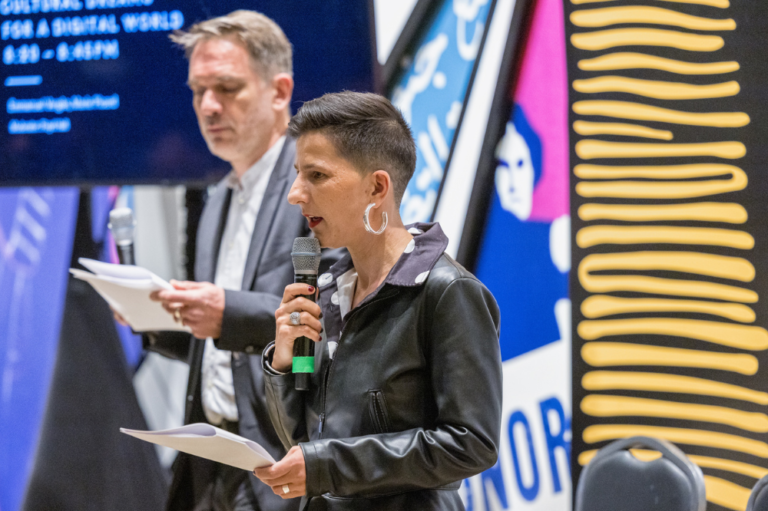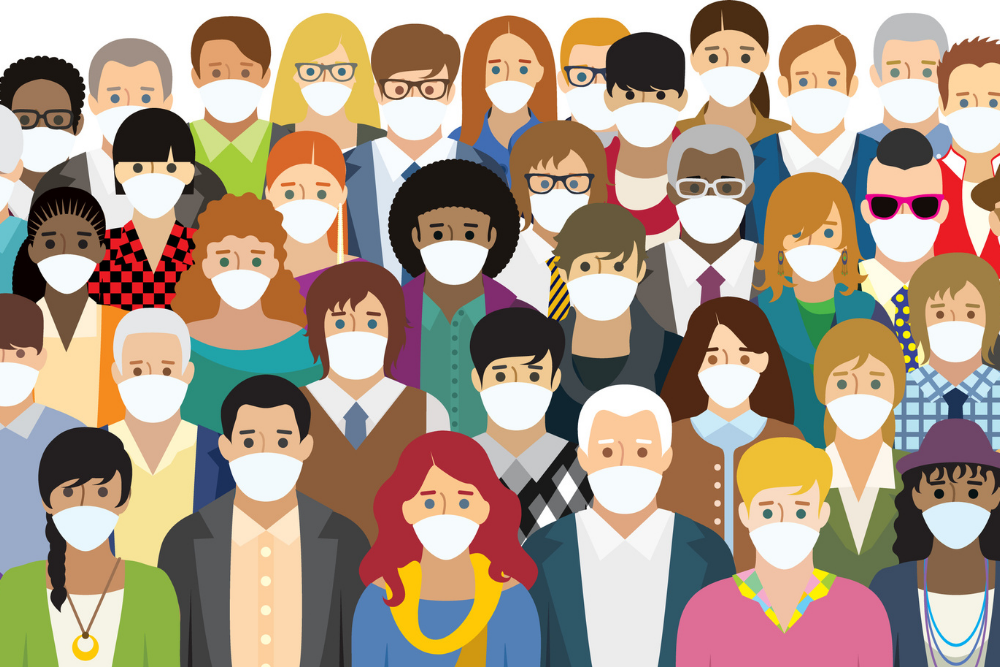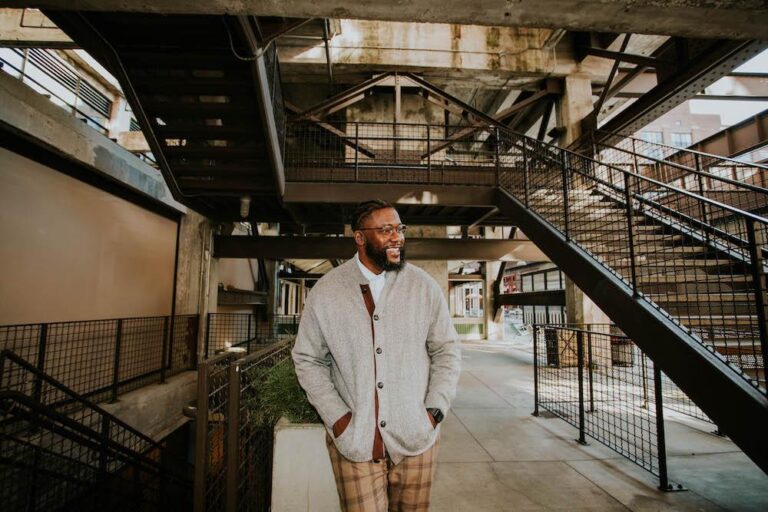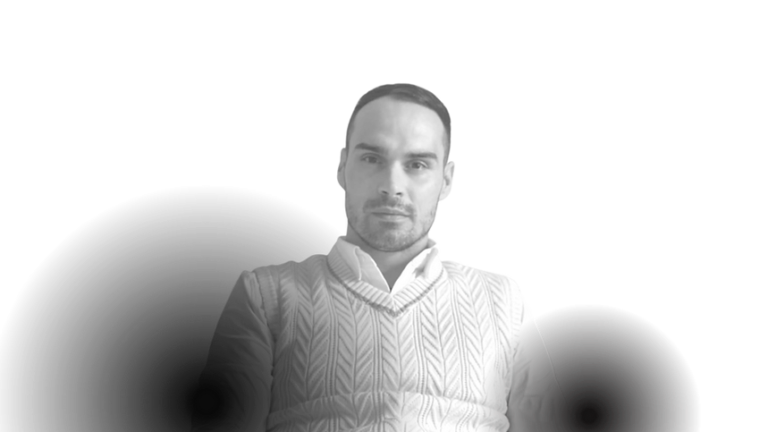
Where Are We Going? Rethinking Citizenship in a Post-Covid World

By Nicolas Delalande
Covid has disrupted the parameters of our society by profoundly shifting the relationship between obedience and freedom. From then on, answering the question “where are we going?”, asked on the occasion of the Night of Ideas 2022, means taking up the political challenge of rethinking our collective and social obligations, the role of the State, the balance of rights and duties… in short, citizenship.
Over the past two years, the Covid-19 pandemic has prompted a remarkable rise in restraints imposed by public authorities on individual conduct, in order to save lives and protect hospital capacities. From the drastic freedom-curbing measures adopted during the first lockdowns to recent wrangling about upholding mask-wearing or making vaccination compulsory, the health and social crisis has made the issue of collective mandatory measures the focus of public debate.
How legitimate are public authorities in radically limiting our freedom to move around and travel, meet up with others, or walk into stores and restaurants? In a democracy, how can we establish a basis for such collective mandatory measures, which come from both state rulings and our own duties towards other members of society (like in public health and in protecting the most vulnerable)? Why—and under what conditions—do we agree to comply with collective rules? In today’s more individualistic and fragmented societies, is it still possible to agree on principles of shared life and acceptable curbs on our desire for independence?
These questions are as old as political philosophy itself. Although they have never been answered conclusively, they have certainly been put right back in the glare of public debate and social protest (on face masks, health passes, and suchlike) by worldwide contrasts of political frameworks (democratic, authoritarian, populist, and so on), by the loss of credibility of public and scientific authorities, and by the defiance running through today’s societies. Covid-19 has tested our understanding of civic life, social bonds, and what constitutes society. Our understanding of these notions may well be tested even more in coming years.
To justify the measures imposed on individuals in the pandemic, public authorities have often used rhetoric about sacrifices and duties of each citizen in the name of the greater good. This rhetoric sustains political lines developed in the nineteenth and twentieth centuries to promote civic life as part of the nation-state. Indeed, our inherited ideas about civic life derive from a particular period in history: the past two centuries, which were defined by a dual evolution—an increase in powers of states (which can now call on resources, populations, and data on a huge scale) and an increase in rights and freedoms granted to individuals.
Individual emancipation—still incomplete and unequal—has gone hand in hand with a growth in powers accorded to states (in conscription, taxes, schooling, social policy, public health, control over bodies, and so on). Political lines on civic life have always been double-edged: they defend individual rights, citizen inclusion, and participation, but stress duties and obligations that being part of a body politic presupposes. Among these duties—beyond obeying laws and accepting parliamentary majorities—was one of the weightiest restraints ever applied, the long-held duty you could not shirk: to fight for your country when it was at war.
Likewise, modern societies have grown accustomed (to varying extents, depending on the country) to paying high taxes to finance war or public services, in the wake of two world wars that both encouraged and imposed fiscal civic responsibility. In short, civic life today and the obligations it entails result from an era marked by conflict between nation states and empires that closely tied civic life, war, and sacrifice together. The burden and brutality of restraints that were imposed on societies in wartime—in the name of national defense—are almost unimaginable and incomprehensible to our modern minds, loath to any form of unilateral, disproportionate obligations.
The health crisis also put on hold a range of social routines and duties—more or less agreed to—that had weaved the fabric of our social life, but that must now re-examine and justify again, albeit in an ideological and political context that is very different to that of the nineteenth and twentieth centuries.
An example of this was the disruption of schooling. Depending on the country, schools were closed—either for a short period or for a long time—and replaced with experiments in distance learning. Two years later, hundreds of thousands of children seem to be missing from America’s school system, and some families are advocating home schooling as a longer-term solution, either for health reasons or ideological ones (the latter when they dispute the soundness of knowledge imparted by educational bodies, as seen in recent debates about school textbooks, critical race theory, and so on, in the southern United States).
By staying the simple routine of going to school, the pandemic revived a range of debates that were already latent about the legitimacy of compulsory schooling and the defense of freely chosen educational paths over public teaching systems. In light of the possibilities digital technology opens up, a broader prospect is taking shape–that of a society where we will no longer be obliged to share, whether we like it or not, common places and experiences.
In the nineteenth and twentieth centuries, civic life was experienced in schools, polling places, barracks, and other public spaces—for better or worse. Yet we are now catching glimpses of a world where just being physically in the presence of our fellow citizens no longer has any value, appeal, or necessity.
It’s easy to imagine that the suspension of some social obligations and hostility to measures dictated by a health emergency are passing trends, prompted by the isolated context of a pandemic. Yet, as in many other fields, we can also posit the theory that the crisis we are going through is speeding up and radicalizing trends that were already underway. This is not another whine about a crisis in civic and social life—an angle conservatives gladly use to criticize the fragmentation of multicultural societies and glorify a “lost” golden age of national unity, which probably never existed. Rather, it is about observing that the bond of civic life has lost its traditional clarity and needs to be promoted on footings different to those that mattered in the nineteenth and twentieth centuries, in societies that were deeply shaped by military affairs.
The recent crisis forces us to again ask what we owe the community and state in mutual obligations and shared rights, without assuming that all individuals and social categories have an immediate, comparable interest in civic life—which can, after all, evoke discrimination, or a sense of exclusion, in some people’s minds. The difficulty to extend vaccination to underprivileged or vulnerable categories of people who would actually have the biggest health interest in it underscores the fact that normative discourse on civic life rings hollow when it seems out of touch with social experiences that have been marked more by marginality and relegation than by civic inclusion.
Once we have put our face masks, hand sanitizing gel, and health passes back in the medicine cabinet, we will face several political challenges the pandemic will have left us with: to find the basis of our collective and social obligations; to reflect on the state’s role in applying them; and to balance the scales of rights and responsibilities for each citizen, regardless of their life story, heritage, or affiliation.
Nicolas Delalande is Associate Professor at the Centre for History at Sciences Po. He supervises PhDs in political, economic, and social history. His research focuses on the history of the State, inequalities, and solidarities in Europe over the 19th and 20th centuries. In 2019, he published an inquiry into the history of international working-class solidarities since the creation of the International Workingmen’s Association in 1864. Before this, he worked on the history of consent and resistances to taxation.


